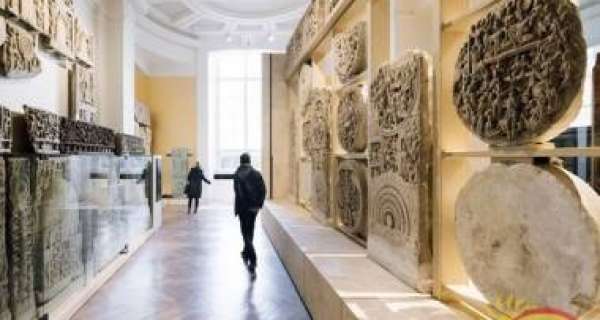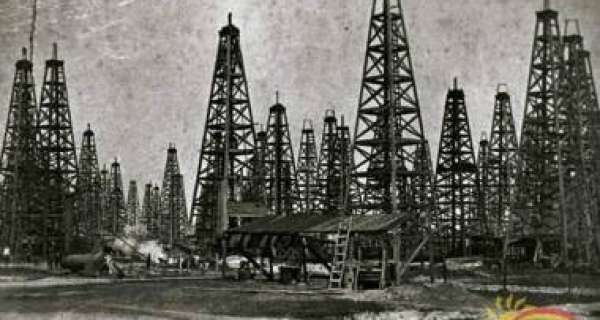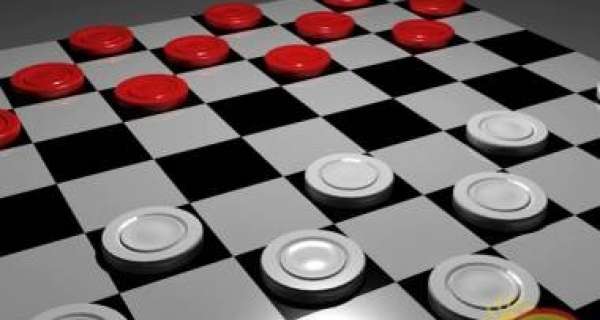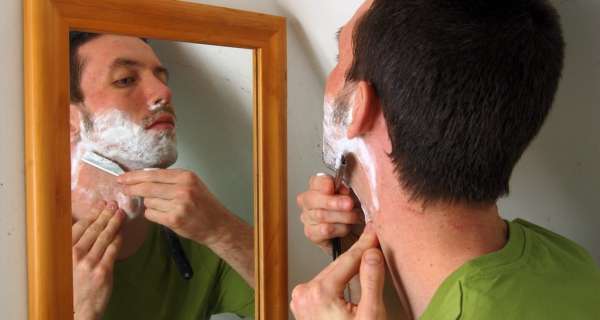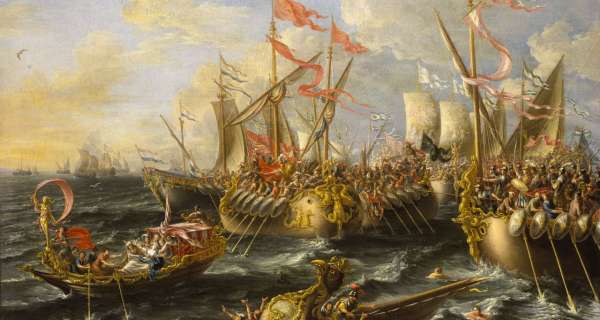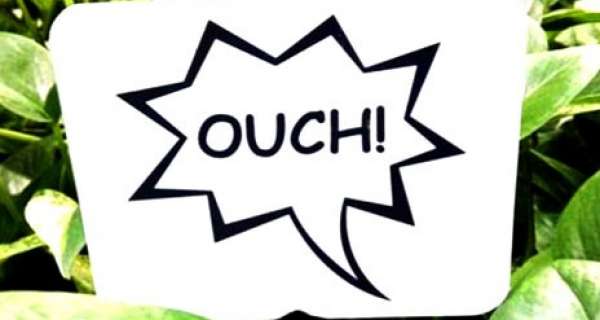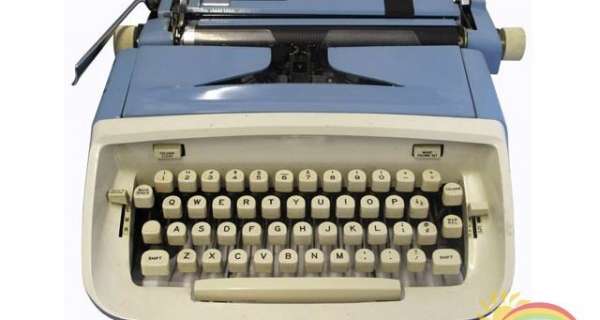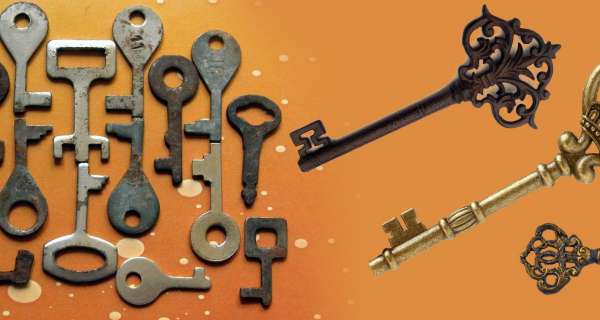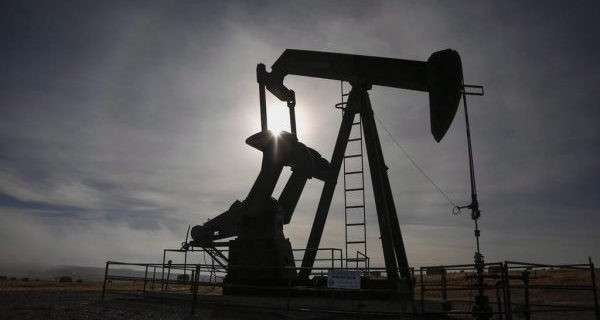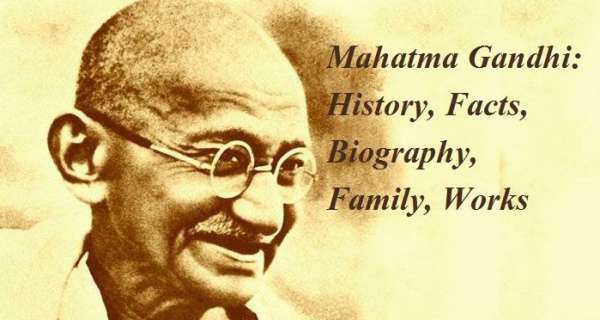The word "museum" comes from the Greek word mousion, meaning "temple of the Muses." The Muses were goddesses of the arts. One of the first institutions to be called a mouseion was founded in Alexandria, Egypt, in the 3rd century b.c.
The aim of the Museum of Alexandria, as it was known, was to collect information from everywhere that could be of interest to scholars. Scholars lived and did their research there. The museum displayed a collection of objects of art and curiosities that included statues, instruments used in astronomy and surgery, elephant tusks, and hides of unusual animals.
There were many collections that might be called museums between that time and the 19th century, but they belonged to princes and noble families and were not established for the benefit of the people. Even the British Museum, which was founded in the middle of the 18th century, admitted few people.
It took the French Revolution to open the doors of French museums to everyone. In 1793, during the Revolution, the Republican Government made the Louvre in Paris a national museum.
In the 19th century, for the first time, buildings were specially designed as museums. One of the first buildings in Europe planned as a museum was the Altes Museum in Berlin, Germany. It was constructed in 1830.
When were museums started?
